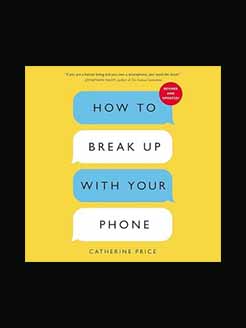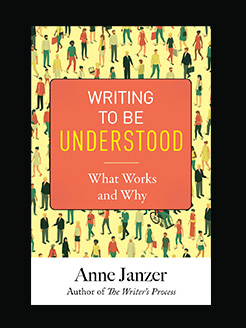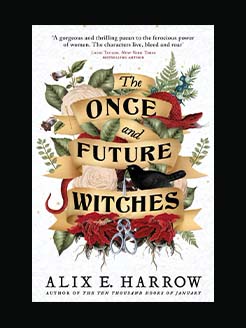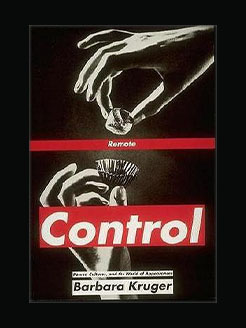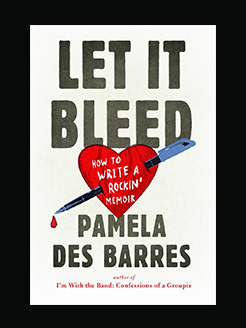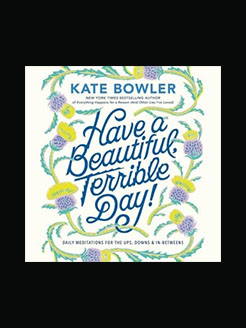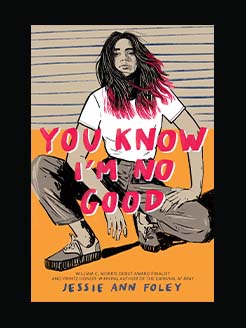Published in 2021
224 pages
Tanya Goodin is an author and expert commentator on digital detox, screens and children, digital addiction, tech dependency and work:life balance. She has appeared on BBC Breakfast, Sky News, CCTV (China State TV), ITN London News, BBC R4 ‘Today’ Programme, BBC Woman’s Hour, the ITV National News, and the BBC World Service. Her articles can be found in The Guardian, London Evening Standard, Marie Claire, The Daily Mail and The Sun. Tanya runs digital detox retreats for adults and teenagers (@timetologgoff), and is a consultant for schools, couples, parents and companies of all sizes. Her podcast ‘It’s Complicated’ examines our relationship with our smart phones and includes inspiring guests such as Nikita Gill, Cal Newport, Hinge CEO Justin McLeod and Love Islander Dr Alex George. Tanya is a graduate of Oxford University and is passionate about yoga, mindfulness and introducing the digital detox concept to children who are increasingly immersed in the online world.
What is this book about?
What are you willing to lose for a connected life? Digital detox expert Tanya Goodin explores the cost that our digital life inflicts on our offline existence, and offers a toolkit to anyone who has lost their way.
Whether you are dealing with a partner who is mindlessly scrolling rather than listening to you (phubbing), flooding social media with your child’s image (sharenting), or panicking whenever you misplace your phone (nomophobia), learn how to recognise and label harmful habits– both of yourself and others – and find actionable answers in this book.
The collision of our online and offline worlds has left us more dependent on technology than ever before, and even more desperate to log off. My Brain Has Too Many Tabs Open is your key to finding digital balance and addressing strange new social norms.
Complete with diagnostic guides to tell-tale signs and a manifesto for improved digital citizenship, this habit-improving bible offers the conversation-starting vocabulary we so desperately need to understand and untangle our relationship with technology for a more humane world.
Among the scenarios included are:
- Doomscrolling – endlessly consuming doom-and-gloom news, a habit perpetuated by attention-seeking algorithms that triggers anxiety and depression
- Comparison Culture – 52% of teens feel less confident because of feeling inadequate when comparing their social media profiles with other people’s
- Vampire Shoppers – dead-of-night, sleepless shoppers who spend a third more than daytime shoppers, and range from nocturnal gamers to exhausted parents
- Digital Legacies – before the end of the century there could be 4.9 billion deceased internet users, yet only 7% of us want our online profiles maintained after death
- Cyberchondria – Dr Google is causing a wave of misdiagnoses from anxious searchers, with 35% of all US adults among this number
- Clicktivism – also known as slacktivism, is virtue signalling through performative alignment with online causes, but can it ever amount to meaningful change?
Both a wake-up call and a user’s guide, My Brain Has Too Many Tabs Open is your key to finding digital balance.
